I’m continuing a series of broad review papers on quantum computing after Disentangling quantum emulation and quantum simulation that I published in January 2023.
In this new essay, I try to answer a very commonplace question or wisdom: will Moore’s law be also applicable for quantum computing. The answer is: yes and no! And in quantum computing, there’s an ongoing challenge to assemble both quality qubits and a large number of these qubits. And there’s so much entanglement between various figures of merits and quantum+classical technologies plus such a zoo of different types of qubits that a simplistic exponential regression like Moore’s law is hard to make. On top of that, Moore’s law was rapidly applicable for chipsets that were of practical use and contributed to the birth and rapid expansion of the personal computer market, then to the Internet and the smartphone and all things connected from supercomputers, cloud data-centers down to the tiniest connected objects. Here, with quantum computers, we have not passed the threshold of real utility and the economical drive that did fuel Moore’s law is not yet at play.
Here’s the abstract from the paper:
“There is a common wisdom according to which many technologies can progress according to some exponential law like the empirical Moore’s law that was validated for over half a century with the growth of transistors number in chipsets. As a still in the making technology with a lot of potential promises, quantum computing is supposed to follow the pack and grow inexorably to maturity. The Holy Grail in that domain is a large quantum computer with thousands of errors corrected logical qubits made themselves of thousands, if not more, of physical qubits. These would enable molecular simulations as well as factoring 2048 RSA bit keys among other use cases taken from the intractable classical computing problems book. How far are we from this? Less than 15 years according to many predictions. We will see in this paper that Moore’s empirical law cannot easily be translated to an equivalent in quantum computing. Qubits have various figures of merit that won’t progress magically thanks to some new manufacturing technique capacity. However, some equivalents of Moore’s law may be at play inside and outside the quantum realm like with quantum computers enabling technologies, cryogeny and control electronics. Algorithms, software tools and engineering also play a key role as enablers of quantum computing progress. While much of quantum computing future outcomes depends on qubit fidelities, it is progressing rather slowly, particularly at scale. We will finally see that other figures of merit will come into play and potentially change the landscape like the quality of computed results and the energetics of quantum computing. Although scientific and technological in nature, this inventory has broad business implications, on investment, education and cybersecurity related decision-making processes.“.
You can download it here or on arXiv.
Thanks a lot to Michel Kurek (Multiverse), Jean Senellart (Quandela), Marco Fellous-Asiani (Centre of New Technologies University of Warsaw), Reja Yehia (ICFO), Vincent Elfving (Pasqal) and Vivien Londe (Microsoft) who provided me feedback on the paper and to the many others I bothered when preparing it!
Feedback welcome as usual 🙂 !
![]()
![]()
![]()
Reçevez par email les alertes de parution de nouveaux articles :
![]()
![]()
![]()


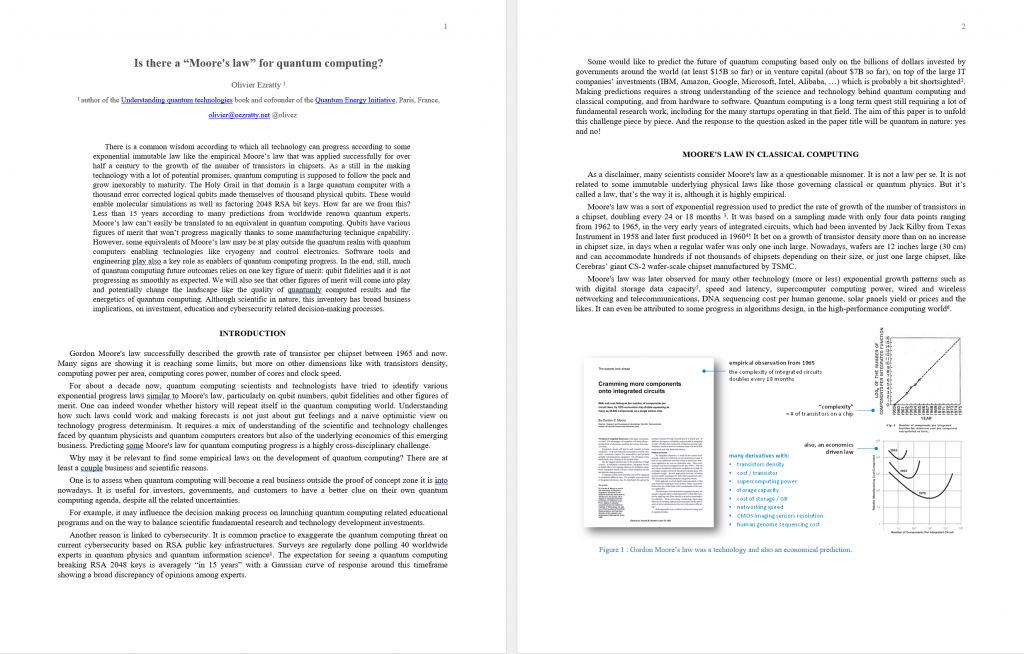
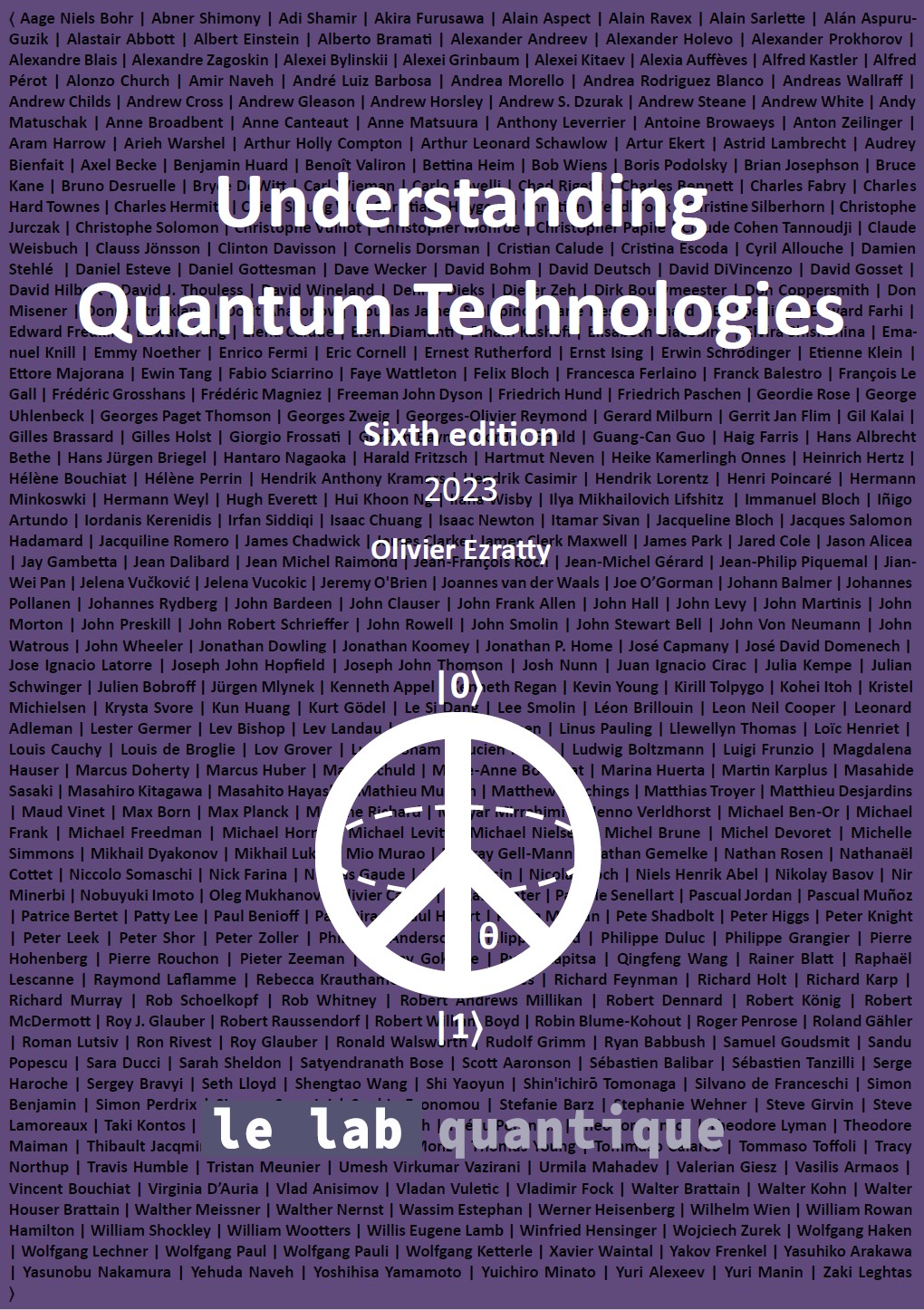
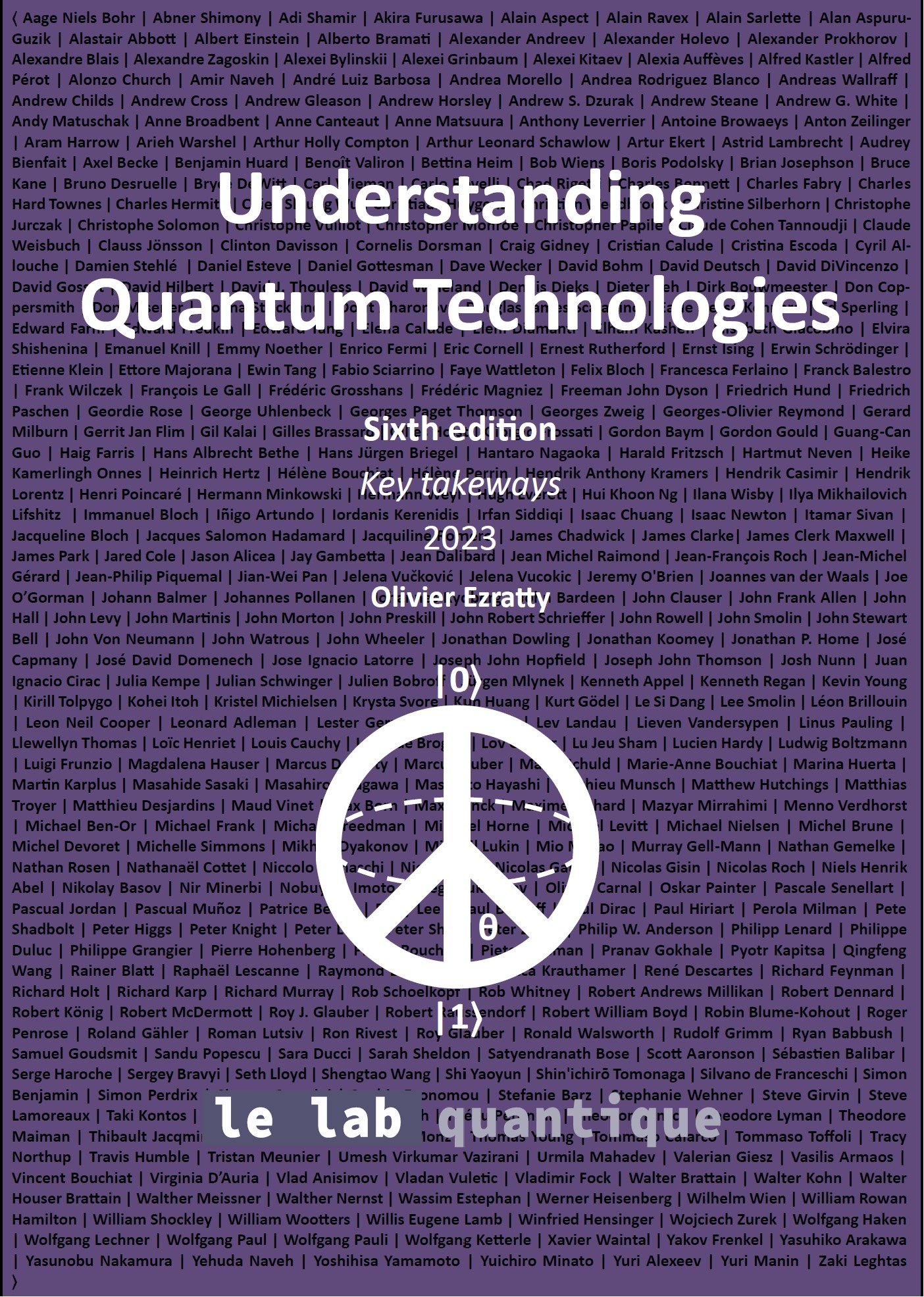

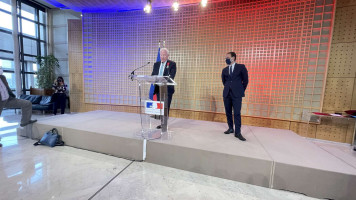

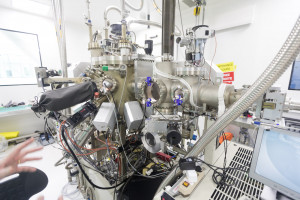




















 Articles
Articles